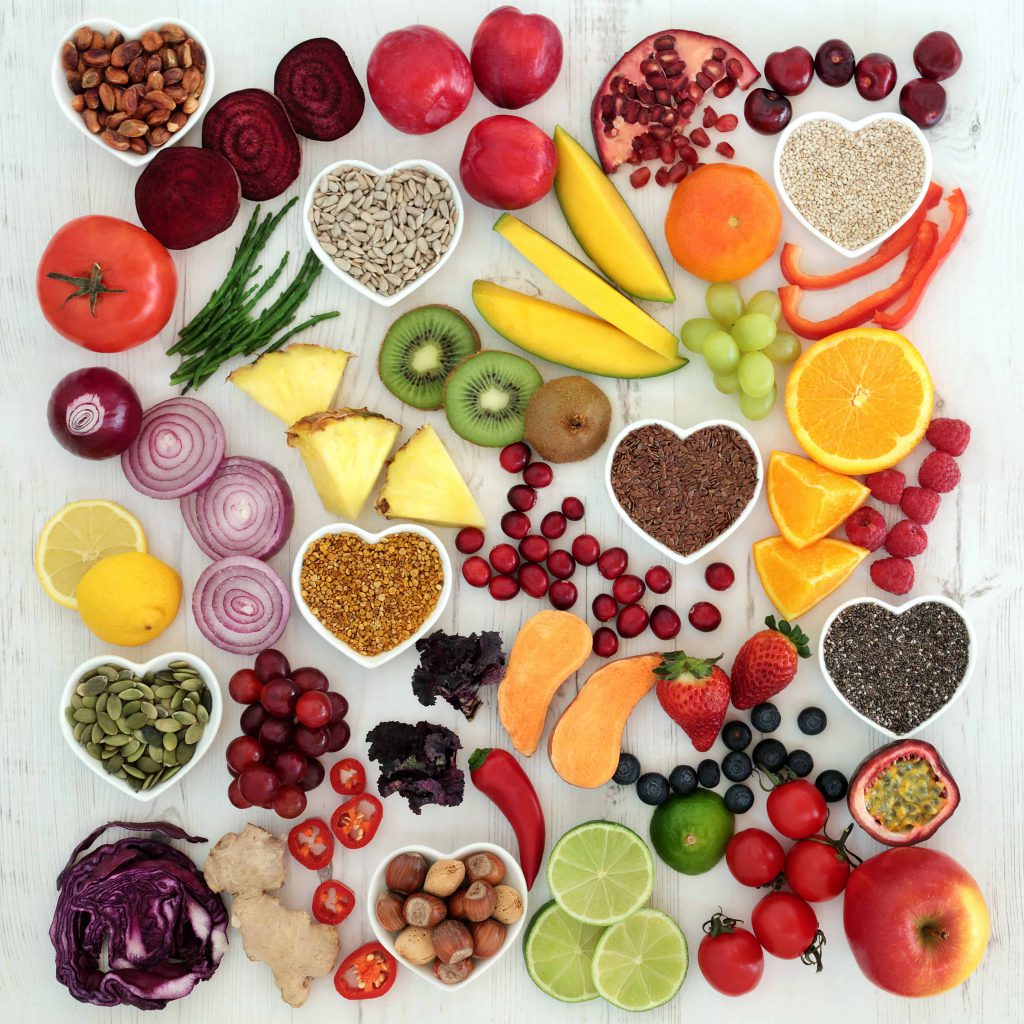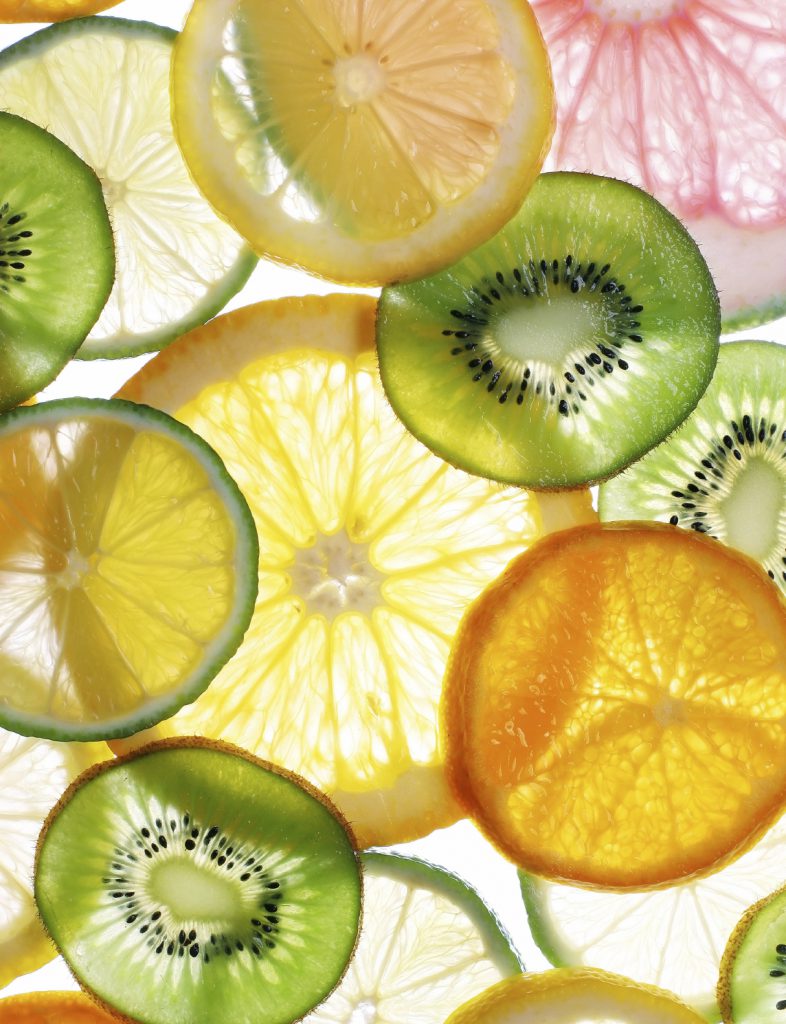Do Beets Help Lower Blood Pressure?
Does eating beets lower blood pressure? The answer is found in a strange and fascinating story. On one level, it is a scientific finding that describes a peculiar relationship between food, nitrates, and blood pressure. But more broadly, it is a tale of the complexity and beauty of our biology.
So do beets lower your blood pressure? Turns out, eating beets to lower blood pressure is a surprisingly effective move. The plot begins with eating foods rich in nitrates, like beets (or beetroot juice), spinach, and arugula. These foods contain naturally high levels of nitrates, and those nitrates are converted into nitric oxide by the digestive system. Nitric oxide relaxes blood vessels, which in turn lowers blood pressure.
Let’s take a closer look at each step in the process as we examine why foods like beets lower blood pressure:
Scene 1: The Salivary Glands
Nitrates in food are quickly absorbed into the bloodstream. Once in the circulation, organs that typically get no respect end up playing a starring role—the salivary glands. Salivary glands are like magnets, sucking nitrates right out of the bloodstream and concentrate them in saliva. The nitrate-enhanced saliva is then pumped back into the mouth, where the magic happens.
Scene 2: The Mouth
It just so happens that bacteria that live in healthy mouths are adept at performing a trick that turns nitrates into a slightly altered chemical form, called nitrites. Once nitrites made in the mouth are swallowed into the stomach, they are converted into the ultimate prize, nitric oxide, a potent elixir that relaxes blood vessels and lowers blood pressure.
Scene 3: The Blood Vessels
How Fast Do Beets Lower Blood Pressure?
Turns out, beets are very effective in lowering blood pressure! In one study, daily consumption of beetroot juice for 1 month lowered systolic blood pressure by 7 points (mmHg)! In another trial, nitrate-rich vegetables (i.e., beets, arugula, spinach, etc.) lowered systolic pressure by 5 points (mmHg) in less than 3 hours.

What factors might disrupt beets’ positive effects on blood pressure?
This elegant ecosystem between beets and blood pressure is sometimes upended in two ways, one a lab exercise, the other a common home procedure, and both involve spit:
#1: Lack of saliva, due to frequent swallowing or spitting: In one lab exercise, participants were instructed to spit out as much saliva as they could over a three-hour period. The results included a huge reduction in nitrite levels, and absence of the usual drop in blood pressure after drinking beetroot juice.
#2: Mouthwash: Bacteria in the mouth are the stealth agents needed to convert nitrates into blood-pressure-lowering drugs. So, wipe out the bacteria in the mouth with an antiseptic, and you pretty much close down this natural blood-pressure-lowering pathway.
In one study, blood pressure increased by 2-3 points (mmHg) after a single day of using antiseptic mouthwash. Nitrite production dropped by 90%.
Might be a good idea to look for other ways to keep our mouth feeling fresh and clean.
A Subplot: Nitrites and Cancer
An interesting subplot involves the relationship between nitrites and cancer. Studies have linked nitrites and nitrates to cancer. But it turns out that the cancer-causing risk of nitrites is related to the company they keep. Nitrites added to many processed meats lead to a reaction that creates carcinogens called nitrosamines.
A very different set of reactions takes place in vegetables. It is believed that Vitamin C, and other antioxidants found in vegetables, prevent the formation of nitrosamines. In fact, vegetables laden in nitrates and nitrites, like beets and dark green leafy vegetables, are shown to help protect against some kind of tumors—especially gastric cancer.
Epilogue: A Healthy Food that Beets High Blood Pressure!
Who knew that beets, blood pressure, and bacteria had so much in common? The blood pressure lowering observed from nitrate-rich foods might appear to be modest, but improving blood pressure by even a few points could potentially make a substantial impact by lowering the risk of serious complications including kidney disease and stroke.
The story connecting nitrates in food with blood pressure is a wondrous example of the complex connections at work in our body, and reveals yet one more mechanism of how simple food choices can make such a powerful difference in our health.
Interested in eating better for your own health?
Learn the essentials of good nutrition in our interactive, user-friendly nutrition learning program for the public.
Clinicians: Do you feel confident responding to patient questions about nutrition?
Take our award-winning condensed interactive nutrition CME—and learn what every clinician should know about nutrition.



